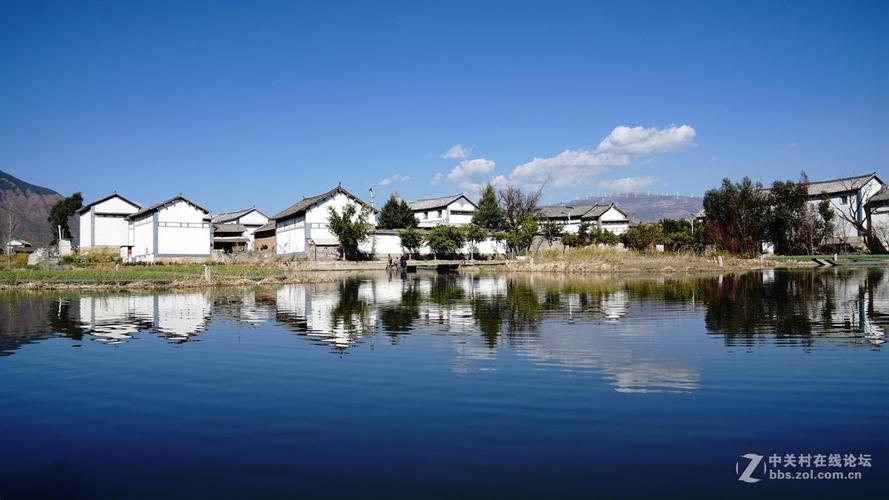Hinduism is one of the oldest religions in the world with its roots deeply attached to customs and traditions. Hindu festivals are a perfect blend of ancient mythology and religious significance, which hold cultural and spiritual importance in people’s lives. These festivals reflect the rich heritage of Hinduism, which celebrates life and promotes harmony and unity among people.
Diwali, also known as the “festival of lights,” is the most significant festival in Hinduism. It marks the victory of good over evil and is celebrated with great enthusiasm and zeal. People decorate their homes with diyas, distribute sweets, and light firecrackers. The festival symbolizes the triumph of spiritual light over darkness and is a time for forgiveness, reflection, and new beginnings.
Holi, also known as the “festival of colors,” is another major Hindu festival that marks the onset of spring. This vibrant festival is celebrated by throwing colors on one another, distributing sweets, and singing and dancing. The significance of this festival lies in the victory of good over evil, and it also signifies the end of the winter season and the beginning of spring.
Ganesh Chaturthi is celebrated in honor of Lord Ganesha, who is believed to remove obstacles and bring good luck. The festival is celebrated in different parts of India with great zeal and enthusiasm. People bring home clay idols of Lord Ganesha, perform puja, and offer prasad to the deity. The festival concludes with the immersion of the idol in a water body, symbolizing the return of Lord Ganesha to his divine abode.
Janmashtami celebrates the birth of Lord Krishna, an incarnation of Lord Vishnu. The festival is celebrated with great pomp and show in different parts of India. People fast, perform puja, and sing devotional songs in honor of Lord Krishna. The highlight of this festival is the “Dahi Handi” ceremony, where people break a pot filled with curd and buttermilk tied at a height.
Navratri is a nine-day festival that celebrates the triumph of Goddess Durga over the demon Mahishasura. People worship Goddess Durga in her nine forms and perform Garba and Dandiya dance in honor of the deity. The festival marks the victory of good over evil and is celebrated with great joy and devotion.
In conclusion, Hindu festivals are an integral part of Indian culture and heritage. These festivals symbolize the rich traditions and customs of Hinduism and promote unity, compassion, and harmony among people. It is a time to reflect, forgive, and celebrate the joys of life.
(Note: Do you have knowledge or insights to share? Unlock new opportunities and expand your reach by joining our authors team. Click Registration to join us and share your expertise with our readers.)
Speech tips:
Please note that any statements involving politics will not be approved.
